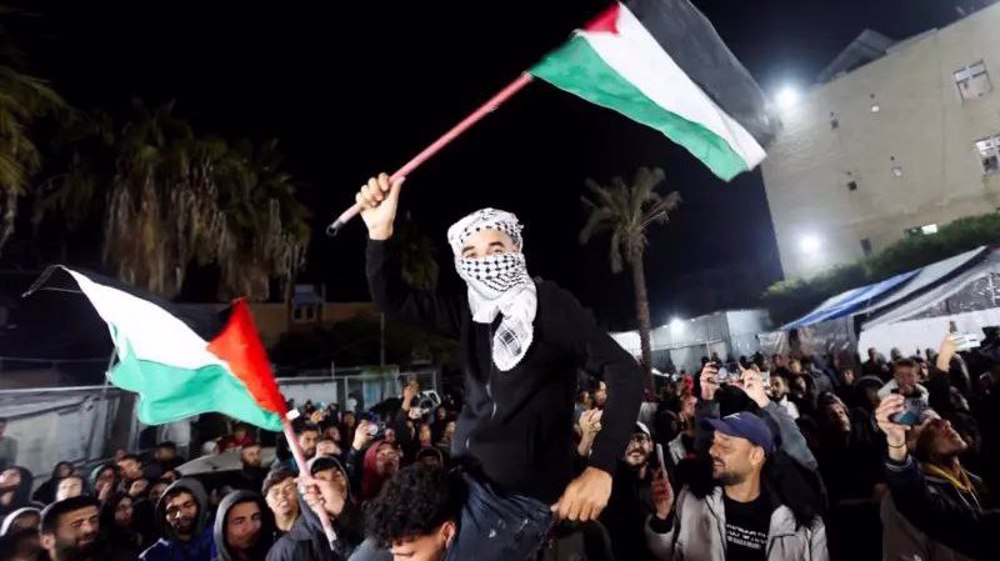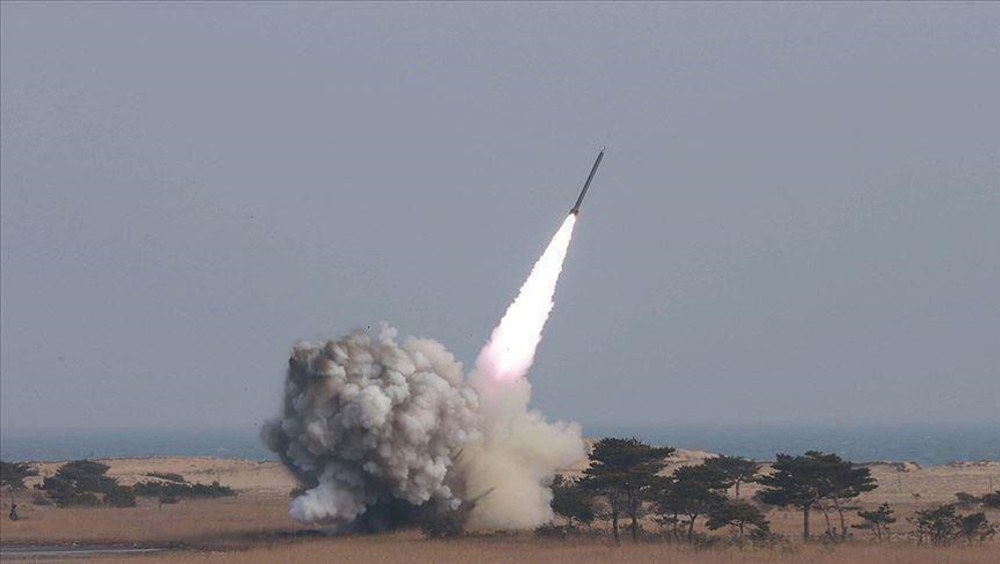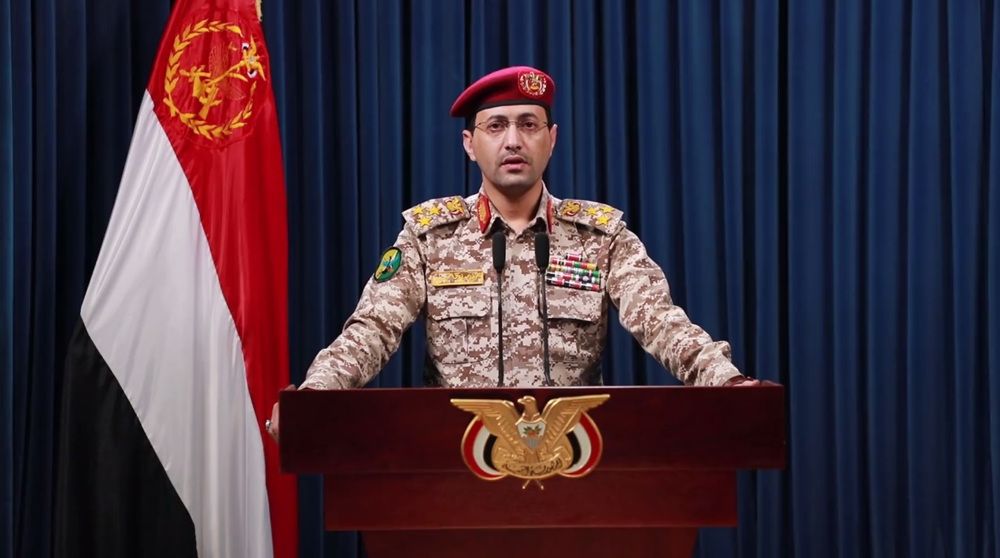Saudi says UN doesn’t need to vote on Yemen humanitarian situation
Saudi Arabia dismisses Security Council plans for a resolution on Yemen as a UN official says the kingdom was behind the deaths of two-thirds of civilians in war-torn country last month.
“We don’t think that a resolution is needed at this time,” Saudi Arabia’s Ambassador to the UN Abdallah Y. al-Mouallimi said on Friday.
Mouallimi said any UN intervention could prolong the war on Yemen, adding that a potential resolution would give “a new lease on life” to the Houthis who are fighting Saudi-backed forces.
The 15-member Security Council has expressed worries about the worsening crisis in Yemen, saying it is considering a resolution to press for more aid deliveries and protect hospitals from attacks.
More than 80 percent of the population in Yemen is in urgent need of food, medicine and other basic necessities, according to the UN.
Angolan Ambassador Ismael Gaspar Martins, whose country holds the Security Council's presidency this month, said on Thursday the planned resolution primarily seeks to protect hospitals from attacks.
The UN envoy deplored the "extremely grave" humanitarian crisis in Yemen, saying "a speedy cessation of hostilities is a must." Gaspar Martins was due to travel to Saudi Arabia on Friday for talks on the ceasefire.
Russian Ambassador to the UN Vitaly Churkin, however, warned the war in Yemen could grind on for a "very long time" because of the Saudi-backed side's insistence on conditions for a ceasefire.
Russia abstained a Saudi-backed resolution adopted last year that demands that the Houthi fighters withdraw from all territory under their control.
That resolution, Churkin said, "is being used essentially to continue the military campaign" by Saudi Arabia.

Saudi Arabia has been bombing Yemen for about a year now in a bid to restore power to fugitive former President Abd Rabbuh Mansur Hadi, who is a staunch ally of Riyadh.
More than 8,300 people have been killed and over 16,000 others sustained injuries since the onset of the Saudi war. The military campaign has also taken a heavy toll on the country’s facilities and infrastructure, destroying many hospitals, schools, and factories.
Saudi raids taking toll on civilians: UN
On Friday, Rupert Colville, the spokesman for the UN High Commissioner for Human Rights, said the number of civilian casualties in Yemen doubled between January and February.
At least 168 civilians were killed and 193 injured last month, some two-thirds of them in Saudi airstrikes, the official added.

Colville also said the UN is investigating Saudi Arabia's use of banned munitions in Yemen, including cluster bombs.
A recent report by Human Rights Watch accused Riyadh of using American-made cluster bombs in civilian areas in Yemen.
The Saudi kingdom, the report said, is responsible for all or nearly all the cluster munitions attacks in Yemen because it is the only entity operating aircraft capable of delivering the weapons.
Last month, the European Parliament passed a resolution calling on EU member states to stop selling weapons to Saudi Arabia over high civilian casualties in Yemen.
French Defense Minister Jean-Yves Le Drian, however, met Saudi Crown Prince Muhammad bin Nayef bin Abdulaziz Al Saud in Paris on Thursday, reiterating his country’s support for the war on Yemen.
In January, a senior official with Doctors Without Borders said Saudi Arabia was targeting civilians in Yemen with “utter disregard” for international law with “the silent consent” of the West and the UN Security Council.
MSF Executive Director in the US Jason Cone said Yemen’s access to desperately-needed emergency medical care was drastically reduced as medical facilities and personnel were repeatedly coming under fire.
Hamas hails Gaza’s victory over Israel in genocidal war, its forcing enemy to agree to ceasefire
'Capitulation': Israeli officials and media concede Gaza defeat as truce unfolds
'Gaza has won': Social media users react to ceasefire with mix of relief, joy
Iran seeks South Korea’s assistance for AI, fiber-optic projects
VIDEO | Iran's 'Eqtedar' (Power) maneuver
Israel hits HTS military target in Syria for 1st time since fall of Assad
VIDEO | Press TV's news headlines
Israel has slaughtered 13,000 students in Gaza, West Bank















 This makes it easy to access the Press TV website
This makes it easy to access the Press TV website